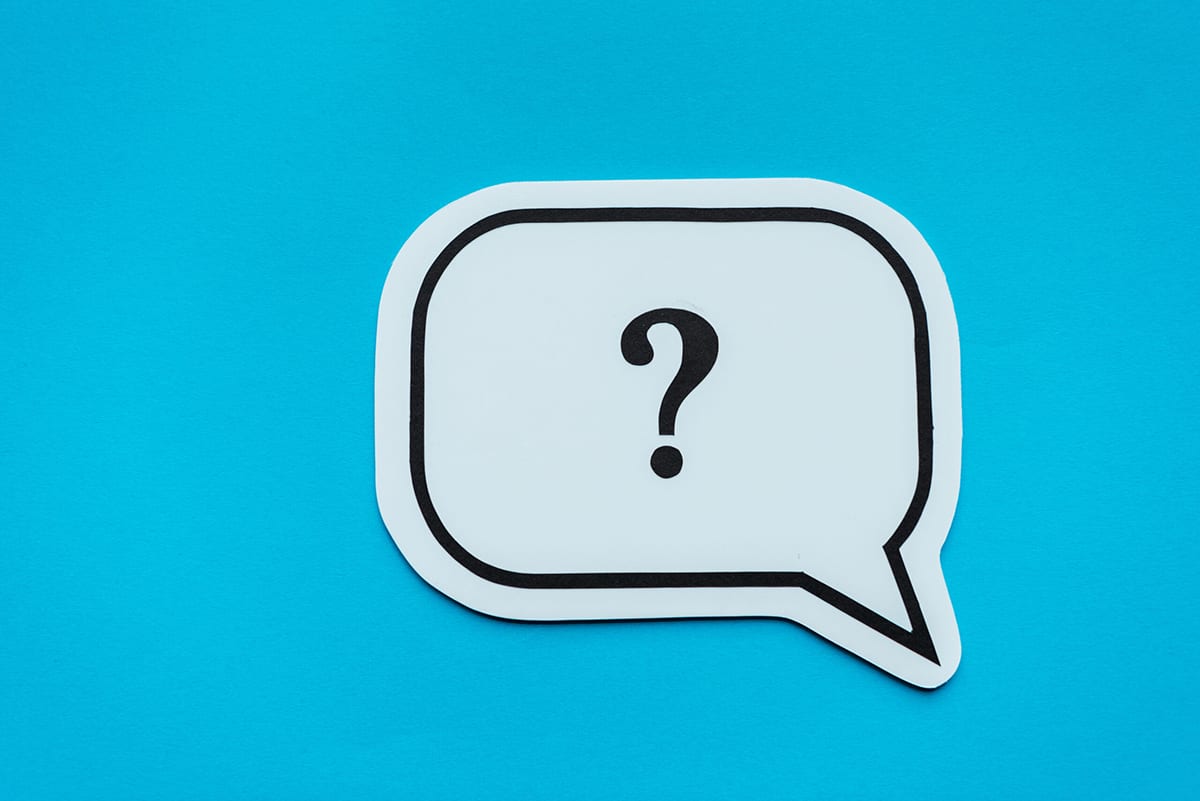What does... "random" actually mean?
In his column "What does... actually mean?", Benno Maggi looks at terms from the marketing and communications sector. This time he deals with the adjective "random".
The adjective random comes from the English language, but has been in the Duden dictionary for some time and is therefore also acceptable in the German language. Translated, it means "random course", Old French randir = to run, related to Old High German rinnan, to run. In other words, something that has no permanence or lasting value. The Duden describes the meaning as arbitrary, random; mixed up and adds examples such as "it occurs to me randomly that ...", "we set off randomly" or "you are so random (crazy)". So far, so clear. So Duden is right on trend. Because random can be heard everywhere at the moment.
A word that - I admit it - also aptly describes the choice of words for this column. It doesn't follow any particular pattern, but is actually random. The inspiration for each choice comes from everyday business life and sometimes even has a topical relevance. Meetings, calls, emails, posts or public transport are reliable sources of new words. Using the latter is recommended to all those who deal with target groups. Nowhere else is it easier to obtain information free of charge without having to pay for it with your own data. And the compilation of informants takes place randomly every day and on every route. Not like in social media, where the order of posts is based on a sophisticated algorithm with the sole aim of showing us what will keep us engaged for as long as possible. Nothing is left to chance. Which could be a little worrying.
Communicate - no matter how, the main thing is by chance
Perhaps that's why it seems to be extremely popular at the moment to call everything random. If everything is predetermined and calculated, then at least celebrate randomness in a communicative way. But random can mean much more.
Firstly, for example, it is a useful means of strengthening resilience. With all the problems in this world, which at times have an overwhelming effect on our mood, it is the ideal way to escape from them. None of my business, it doesn't matter anyway. We can't solve all of the world's problems ourselves, so we prefer to turn away from them and towards things that happen to come our way and make us happy. That makes us less ill. And ideally even strong.
Secondly, it's a great excuse if you can't think of the right thing to solve an everyday problem. For example, writing the right headline, finding the right typeface for an advertisement design or developing the right strategy for a campaign. Then you can suggest something at random and, with a bit of luck, a workable solution will emerge.
And thirdly, it's a good way to dwarf things. Yes, even in our industry there are people who have doubts about what they create. This ability is less well known to men than women, but it also exists. So if you are plagued by insecurity, you simply describe your work as random. This makes it smaller and is usually well received because it triggers the reflex in the other person that they have to say it better. Unfortunately, sometimes better than it actually is. In this sense, these lines are also random. Thanks for reading, though.








